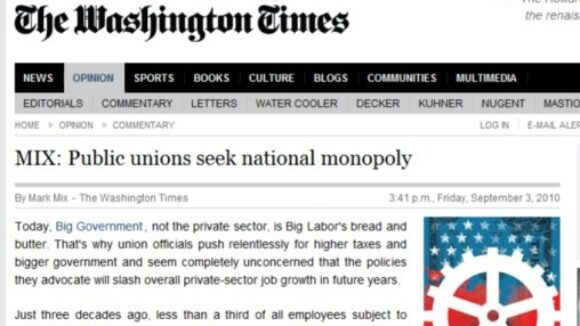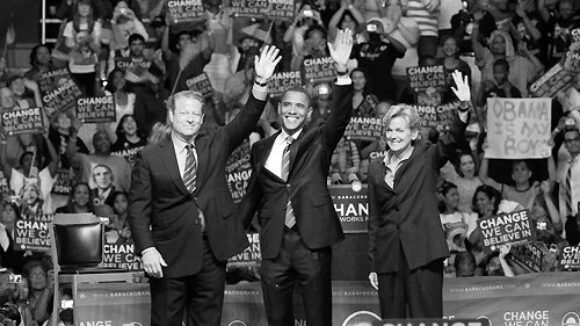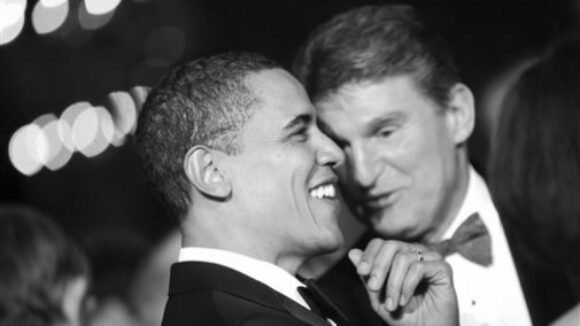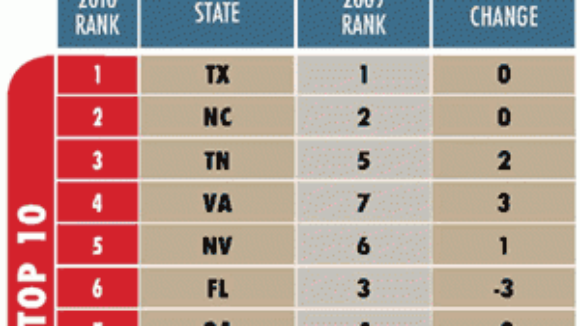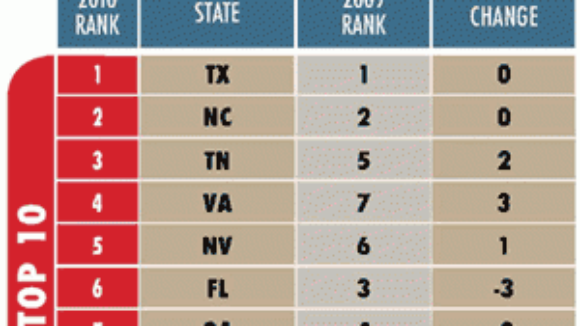Again, Reid-Pelosi Plan to Expand Government Employee Forced Unionism
Excerpt from NRTW President Mark Mix Op-Ed in the Washington Times (to read the full version, click here): Today, Big Government, not the private sector, is Big Labor's bread and butter. That's why union officials push relentlessly for higher taxes and bigger government and seem completely unconcerned that the policies they advocate will slash overall private-sector job growth in future years. Just three decades ago, less than a third of all employees subject to "exclusive" union bargaining worked for the government. Earlier this year, the U.S. Labor Department reported that for the first time ever, a majority of unionized workers across America are now government employees. The outsized power and privileges of government union bosses clearly are a major force behind the unsustainable growth of government payrolls. According to data furnished by respected labor economists Barry T. Hirsch and David A. Macpherson, nonunion government employment nationwide actually fell by 2 percent, but Big Labor-controlled government employment grew by nearly 4 percent from 2007 to 2009. Incredibly, nearly all Democrats and many Republicans on Capitol Hill appear eager to make matters even worse by rubber-stamping legislation (H.R. 413 and S. 3194) that would federally grant public-safety union officials monopoly bargaining privileges over state and local public employees nationwide.
